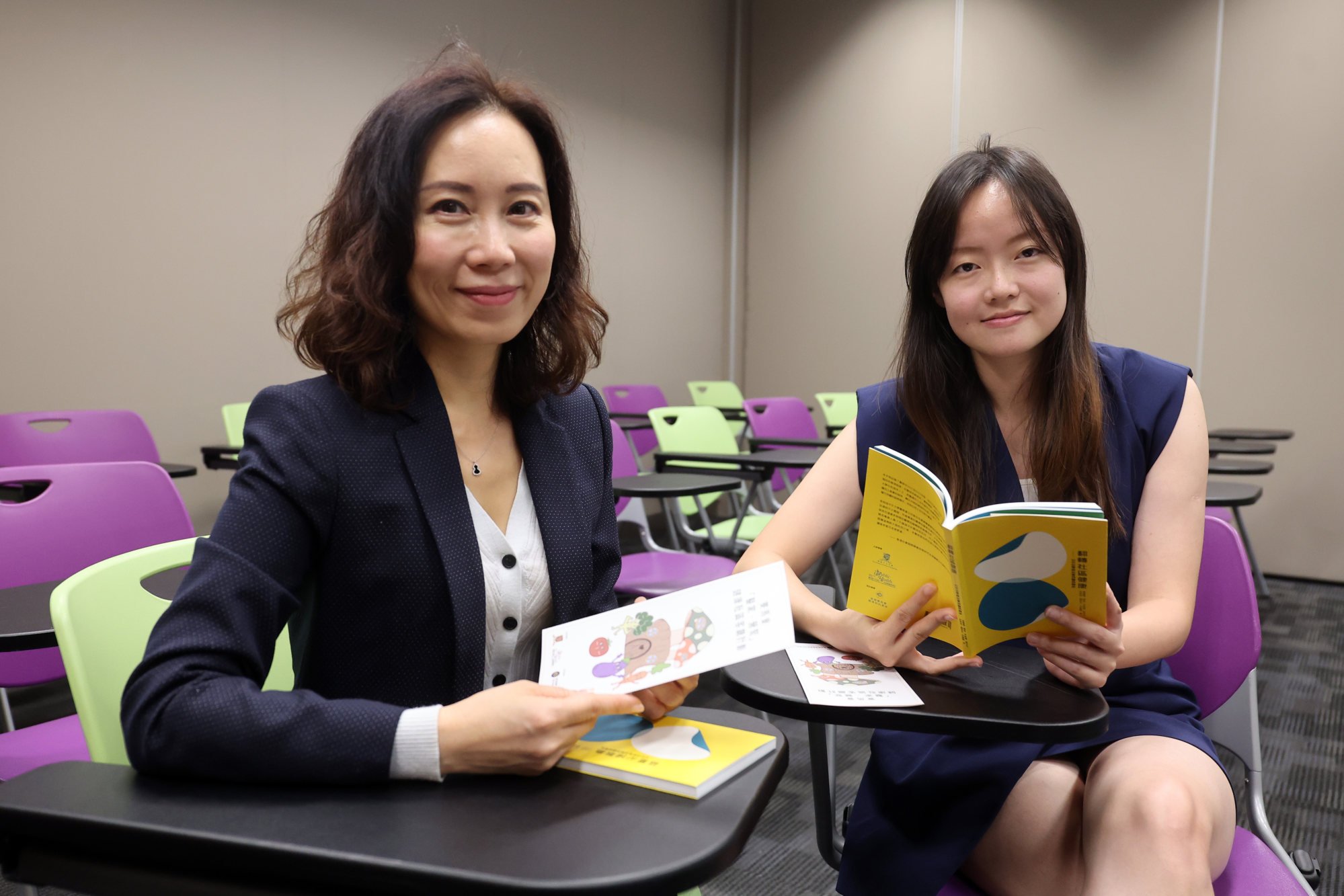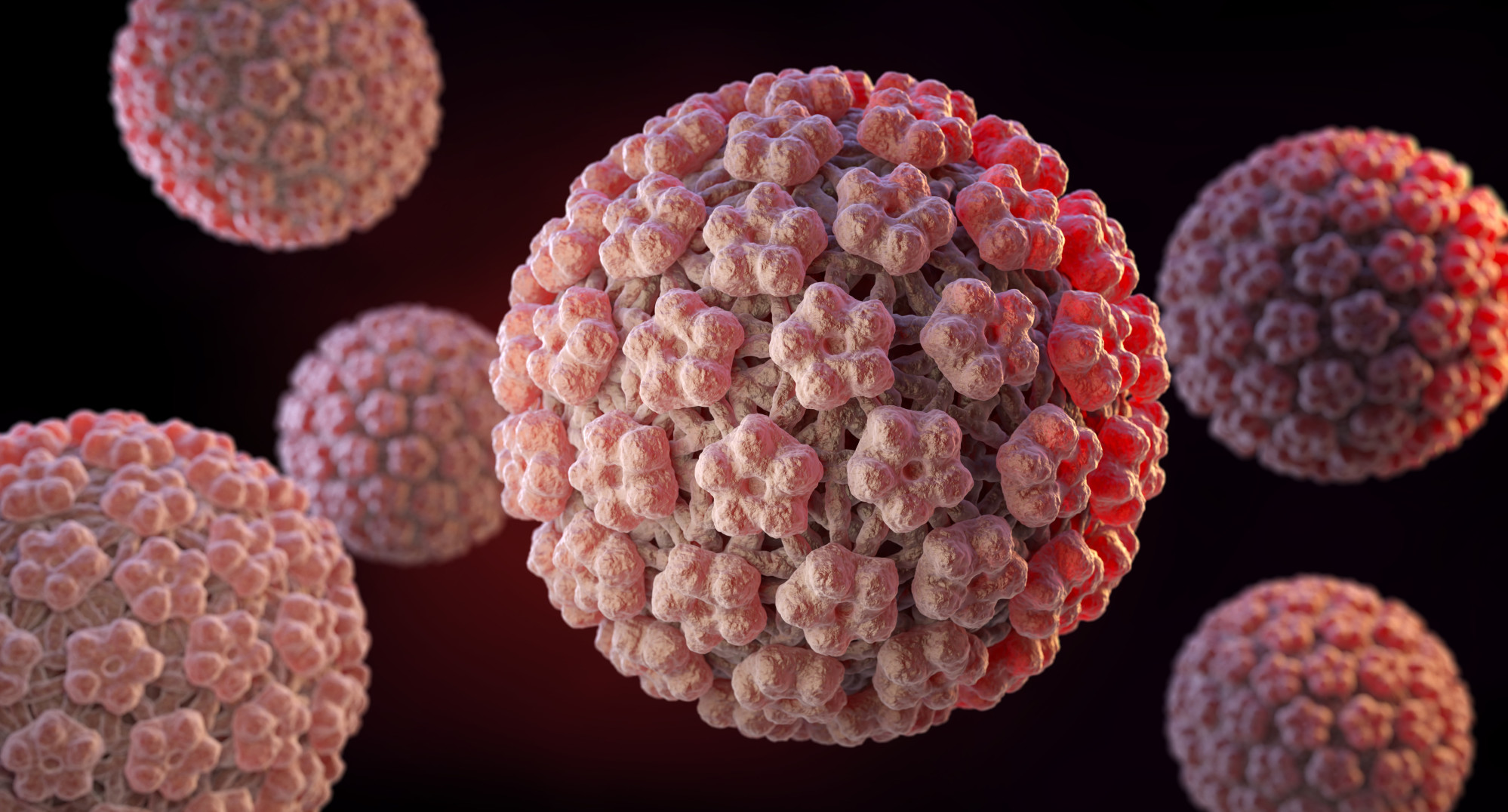
Fewer Hong Kong women getting screened for cervical cancer since Covid-19, but self-testing may help, experts say
- Suspension of non-urgent services during pandemic contributed to fall in number of women getting screened
- Women reluctant to go for screening might be willing to try self-sampling, as easy as Covid-19 tests
More Hong Kong women might be willing to check for cervical cancer if they could perform a do-it-yourself screening, medical experts said.
Researchers found that the number screened for the city’s seventh most common cancer among women fell considerably during the Covid-19 pandemic.
They said the suspension of many non-urgent medical services during the pandemic was a key reason for the drop in cervical checks.
Pointing out that the pandemic taught people to test themselves for Covid-19, they said this could persuade women to carry out self-sampling for cervical checks.

In a citywide survey by the Department of Health from 2020 to 2022, just over half of 2.2 million women respondents aged 25 to 64 said they had undergone a cervical screening. This was a drop from three-fifths in a survey done from 2014 to 2015.
The figure was even lower – 44.9 per cent – in an unpublished study done from 2022 to last year by Professor Eliza Wong Lai-yi of Chinese University’s school of public health.
Similar downward trends were seen among those who had cervical checks at maternal and child health centres and the Family Planning Association.
These screenings are critical in early detection of abnormal changes in the cervix that could lead to cancer.
Wong said she believed that Covid-19 was a major reason for the slump, as some screening services were suspended temporarily during the pandemic, and women did not resume getting checked.
“It seemed to be difficult to restart the habit,” Wong said. “People could not see their risks even if they had skipped screening.”
Almost all cervical cancer cases are caused by an infection with certain high-risk types of the human papillomavirus (HPV), with sexual activity one of the main modes of transmission. Vaccination and regular screening can prevent cervical cancer.
Hong Kong is falling behind cervical cancer screening targets, NGO warns
Wong said some women believed mistakenly that they needed only one screening. Others thought they were risk-free if their partner wore a condom during sex, if they did not have sex for a long time, or if they had taken HPV vaccines. Some said they were just too busy to undergo regular screenings.
The health department recommends that women aged 25 to 64 who have had sex undergo a Pap smear test every three years, if they had normal results for two consecutive years. Women aged at least 30 could choose to do an HPV test, or a combination of both tests, every five years.
Citing overseas experience and local studies, Wong said self-sampling could be a way of encouraging more women to be screened.
The most widely used do-it-yourself method involves placing a swab into the vagina and rotating it about five times to gather cells for testing. Other tests use urine or menstrual blood samples to check for abnormal changes within the cervix.
Hong Kong research brings hope of self-test kit for cervical cancer
Countries such as Australia, Malaysia, the United Kingdom and the Netherlands have already encouraged the wider use of self-sampling.
Wong said Hong Kong’s cervical screening rate could rise by a fifth if there was a push to encourage women to check themselves, especially since Covid-19 had raised the acceptance of self-testing.
“An elderly woman asked me if it was similar to swirling the swab inside the nostril for five times, and I said yes,” she said.
A study she published with her colleagues in 2022 showed that almost two-thirds of Hong Kong women surveyed were willing to do self-sampling for cervical screening.

She said underprivileged women, such as those living in subdivided flats, sex workers and those working long hours or on shifts, were more open to the self checks.
The health department said it was studying the feasibility of conducting a pilot scheme of self-sampling HPV testing at its maternal and child health centres. Details would be announced later.
HPV self-sampling test kits are currently available in some pharmacies and medical centres in the city, with prices ranging from HK$530 (US$68) to more than HK$1,200.
Although cervical cancer is preventable, the number of cases in Hong Kong has risen over the past decade, taking it from the ninth most common cancer among women in 2011 to the seventh in 2021.
The number of new cases increased over that decade from 391 to 596.
A shared journey: cancer support group for English speakers
Globally, cervical cancer is the fourth most common cancer among women. The World Health Organization has set the goal of getting 70 per cent women screened with a high-quality test between the ages of 35 and 45.
A Hong Kong study published in 2022 said HPV self-sampling was effective for cervical cancer screening and could be an option especially for women reluctant or unable to undergo regular screening.
Dr Grace Wong Ching-yin, one of the study’s authors, said self-sampling was an option for those reluctant to see a healthcare professional. But there was still a debate over the most accurate do-it-yourself method.
Wong, a senior doctor at the Family Planning Association, added that around one-third of women in the health department’s survey who had never been screened said no doctor or health professional had recommended it and that was why they had not undergone it.
“Awareness is very important,” she said. “No matter what test it is, the most important thing is that a woman is willing to come forward to be screened.”

